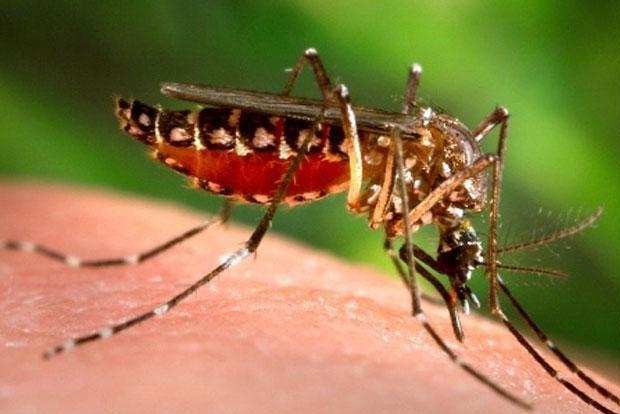Begin typing your search...
Dengue outbreak in Tamil Nadu ought to ring alarm bells
Reporting of 490 dengue cases across TN over the past few weeks shows the mosquito-borne disease transmitted by the bite of an infected female Aedes aegypti the mosquito has been spreading rampantly following recent rains. The severe form of dengue fever, Iso called dengue hemorrhagic fever, can cause severe bleeding, a sudden drop in blood pressure (shock), and death.

Chennai
Dr. Ashwin Karuppan, senior consultant, internal medicine at Gleneagles Global Health City, said the symptoms usually begin about four to seven days after the initial infection. There are many cases where the symptoms might be mistaken for common flu.
"There is a high fever for about three days and it might reduce for a couple of days and again symptoms of fever and body pain might increase. The symptoms include rashes, muscle pains, joint pain, headache and vomiting. The recovery is easier in those who have already been infected with dengue," he said.
The infection is difficult to diagnose without laboratory tests because dengue symptoms may initially resemble those of other diseases like chikungunya. Molecular testing, a PCR test that detects the presence of the virus is considered the most reliable.
"It is important to do the Elisa test that has fewer chances of false negatives but takes about 24 hours for the results than the rapid tests. The risk of complica tions of dengue is less than 1 per cent and if warning signals are known to the public, fatalities can be avoided," said Dr Ashwin.
"There is no medication or treatment specifically for dengue infection. Patients suffering from dengue should seek medical advice, rest, and drink plenty of fluids. Aspirin or Ibuprofen should not be taken since they can increase the risk of bleeding. Physicians should remember the 'Formula of 20' i.e. rise in pulse by more than 20; fall of BP by more than 20; difference between lower and upper BP of less than 20 and presence of more than 20 hemorrhagic spots on the arm after a tourniquet test suggest a high-risk situation and immediate medical attention," said Dr V Anantha Padmanabhan, Consultant General Medicine, Fortis Malar Hospital.
Visit news.dtnext.in to explore our interactive epaper!
Download the DT Next app for more exciting features!
Click here for iOS
Click here for Android
Next Story



